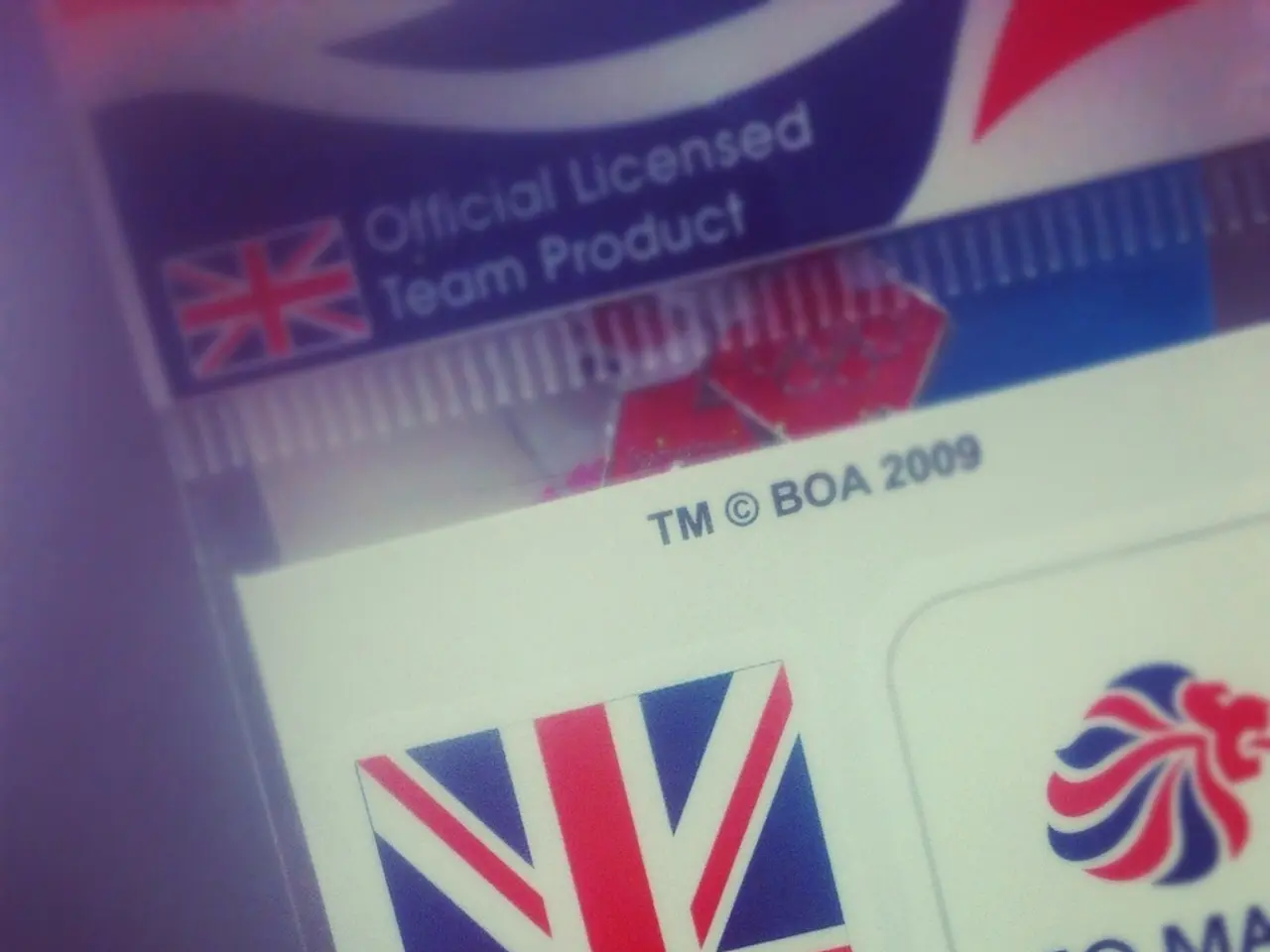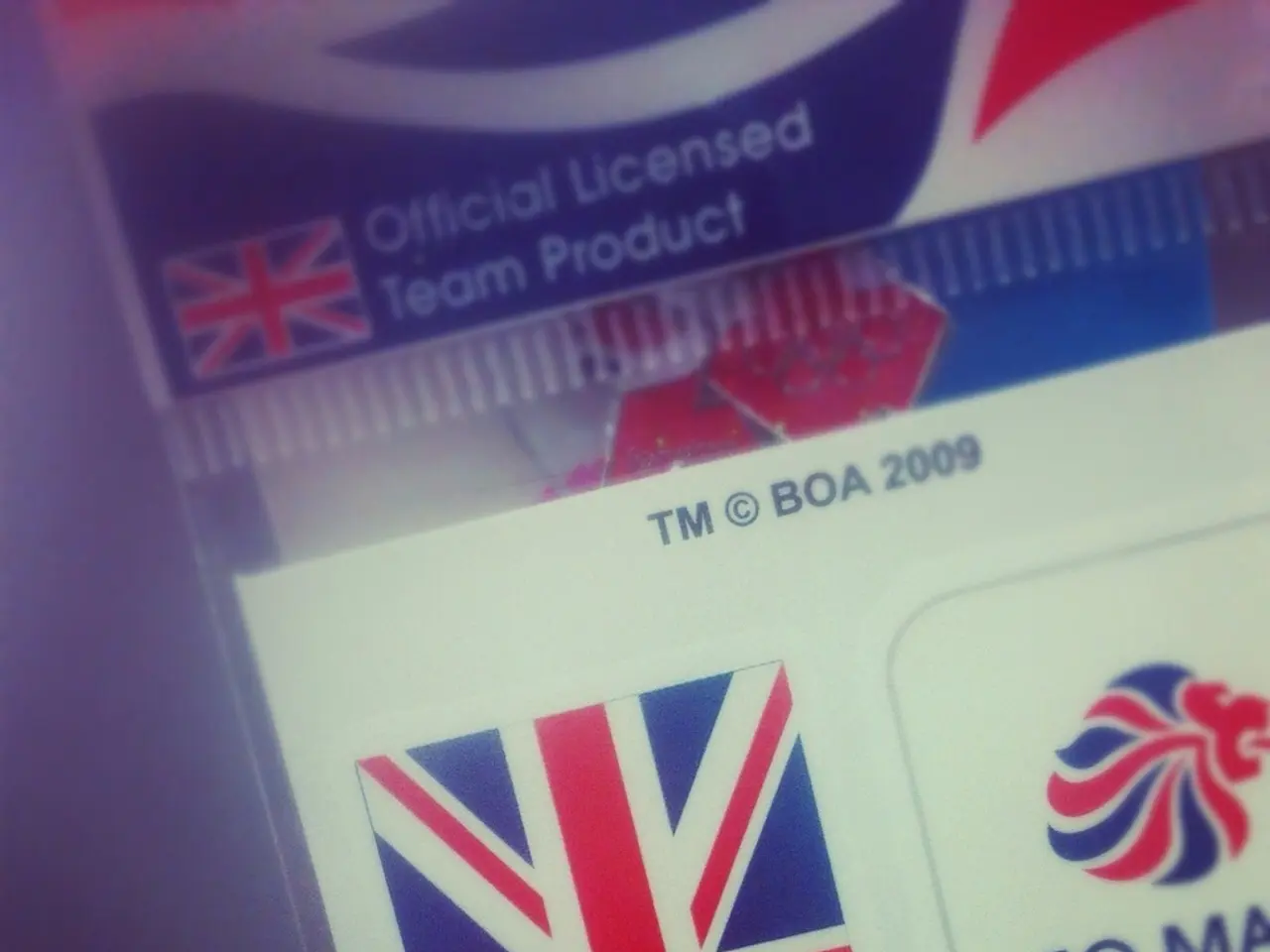Understanding Beneficial Ownership Reporting: Crucial Information for Companies in 2025
Beneficial ownership reporting, a critical tool in the fight against money laundering and financial crimes, varies significantly across the USA, Europe, and the Asia-Pacific (APAC) region.
USA
In the USA, the Financial Crimes Enforcement Network (FinCEN) defines a beneficial owner as someone who owns at least 25% of a company or exercises considerable control over it. As of mid-2025, domestic companies are currently exempt from reporting beneficial ownership information (BOI) to FinCEN under the Corporate Transparency Act due to an interim final rule effective March 26, 2025 [1][3]. However, foreign entities registered to do business in the U.S. must still file BOI reports but only for their non-U.S. beneficial owners; U.S. beneficial owners of foreign entities do not need to be reported [1]. FinCEN is still accepting comments and may finalize these rules later in 2025 [1].
Europe
In Europe, jurisdictions like the British Virgin Islands (BVI) have implemented strict BOI reporting rules. For instance, the BVI has implemented the Beneficial Ownership Secure Search System (BOSS) Act effective January 2, 2025 [2]. Companies incorporated before that date must report beneficial owners and register details with their Registered Agent (RA) by January 1, 2026, while new companies must provide this information upon incorporation [2]. The RA submits this information to the BOSS system within 15 days and companies must maintain records for at least five years, reporting any changes within 15 days of occurrence [2]. Penalties for non-compliance can reach up to US$75,000 plus potential criminal liability [2].
In Europe, listed companies and subsidiaries wholly owned by listed companies are exempt from BOI reporting under the EU Anti-Money Laundering (AML) framework. However, fines for failing to submit or update information in the UBO register have been revised and somewhat softened, though they remain enforceable. For example, in Cyprus, fines may begin at approximately €100 for the first day following a missed deadline, increasing by €50 per day up to a maximum of €5,000 [5].
Certain investment funds are exempted from BOI reporting due to their complex legal forms. It is crucial to have a regularly updated internal register of UBOs, including their full legal names, dates of birth, addresses, and shares of control, as well as a copy of their ID. Designating a compliance officer and conducting regular AML/KYC training for relevant personnel is essential for ensuring regulatory readiness [6].
APAC
The Asia-Pacific region shows significant variation in BOI reporting requirements. Many countries align with FATF guidelines for BOI reporting, but there is significant variety in levels of enforcement and transparency. While Singapore mandates companies to file Register of Registrable Controllers information, in Australia, there is no public UBO register [7].
Penalties for non-compliance with BOI reporting obligations vary across the region and may depend on the severity of the violation. For example, BOI reporting violations in Hong Kong can lead to fines of HKD 25,000 and daily fines of HKD 700 for continued violations [8].
Understanding of UBOs is similar across APAC due to the impact of FATF guidance, but there are variations in terminology [9]. Additional laws such as data protection and privacy laws may also restrict how data is shared [10].
In the absence of explicit data from the search, further country-specific research is recommended for precise APAC details.
The Panama Papers
The international effort to record the true identity of company beneficial owners has been coordinated since the Panama Papers, which revealed a vast network of shell companies used to obscure illicit funds [11].
USA and Europe
The procedure and the list of required information to be disclosed are similar in the USA and Europe, with UBO disclosure requirements outlined in a specific document [4][6]. In the USA, non-domestic companies who fail to comply with the reporting requirements of the Corporate Transparency Act (CTA) could face penalties of up to $500 for each day of continuing violation, as well as criminal penalties including a maximum of two years imprisonment and a fine of $10,000 [12].
In Europe, entities already subject to robust transparency and disclosure regimes under EU law or equivalent international standards may be exempted from BOI reporting to avoid duplication [13]. If no natural person meets the ownership or control threshold, some jurisdictions allow reporting the senior managing official(s) instead of a beneficial owner [14].
In conclusion, understanding and adhering to the specific BOI reporting requirements in one's jurisdiction is crucial for maintaining transparency, combating financial crimes, and ensuring regulatory compliance.
- In the USA, domestic companies are currently exempt from reporting beneficial ownership information to FinCEN, but foreign entities registered to do business in the U.S. must still file BOI reports.
- Companies in Europe, like those in the British Virgin Islands (BVI), are required to report beneficial owners and register details with their Registered Agent (RA), with penalties reaching up to US$75,000 for non-compliance.
- Listed companies and subsidiaries wholly owned by listed companies are exempt from BOI reporting under the EU Anti-Money Laundering (AML) framework, but fines for failing to submit or update information can still be enforced.
- The Asia-Pacific region varies significantly in BOI reporting requirements, with countries like Singapore mandating companies to file Register of Registrable Controllers information, while Australia has no public UBO register.
- Understanding of UBOs is similar across APAC due to the impact of FATF guidance, but there are variations in terminology and additional laws that may restrict data sharing.
- The international effort to record the true identity of company beneficial owners has been coordinated since the Panama Papers, which revealed a vast network of shell companies used to obscure illicit funds.
- In the USA, non-domestic companies who fail to comply with the reporting requirements of the Corporate Transparency Act (CTA) could face penalties of up to $500 for each day of continuing violation, as well as criminal penalties.
- In Europe, entities already subject to robust transparency and disclosure regimes may be exempted from BOI reporting to avoid duplication, and in some jurisdictions, if no natural person meets the ownership or control threshold, reporting the senior managing official(s) is permitted.
- Gadgets and technology, artificial intelligence, general news, education and self-development, entertainment, sports, travel, casino and gambling, fashion-and-beauty, food-and-drink, home-and-garden, personal-finance, and lifestyle industries all may be impacted by beneficial ownership reporting due to their involvement in various financial transactions.
- Effective data-and-cloud-computing systems can help businesses, governments, and individuals maintain, manage, and analyze beneficial ownership information to ensure regulatory compliance, combat financial crimes, and support transparency worldwide.




